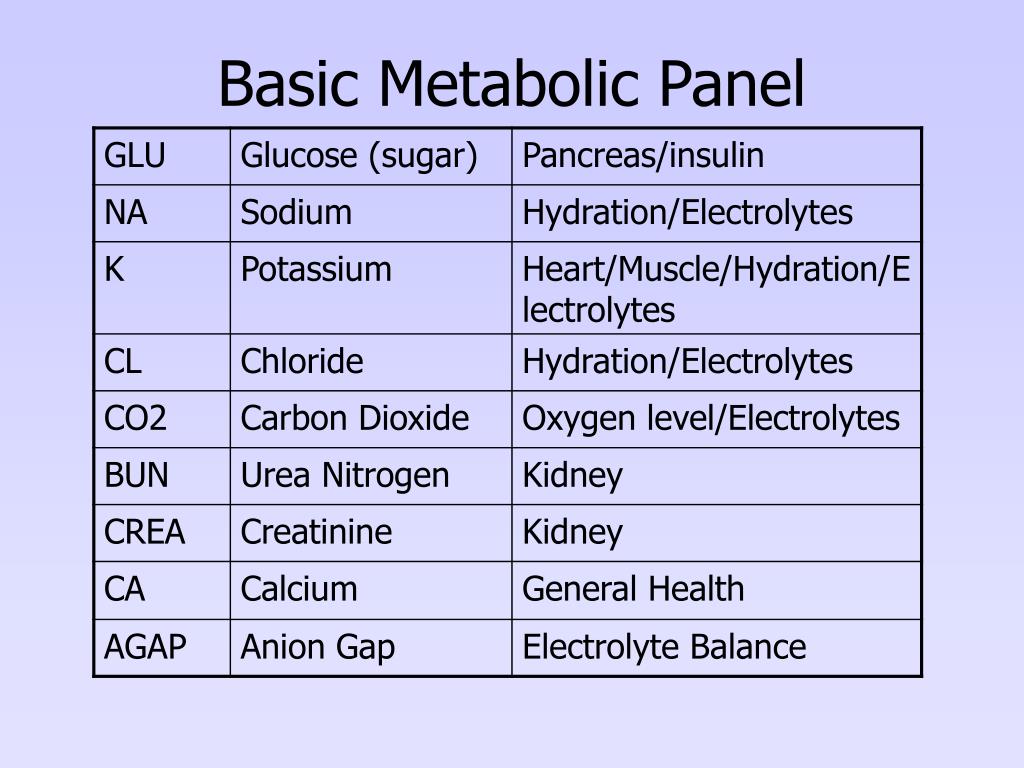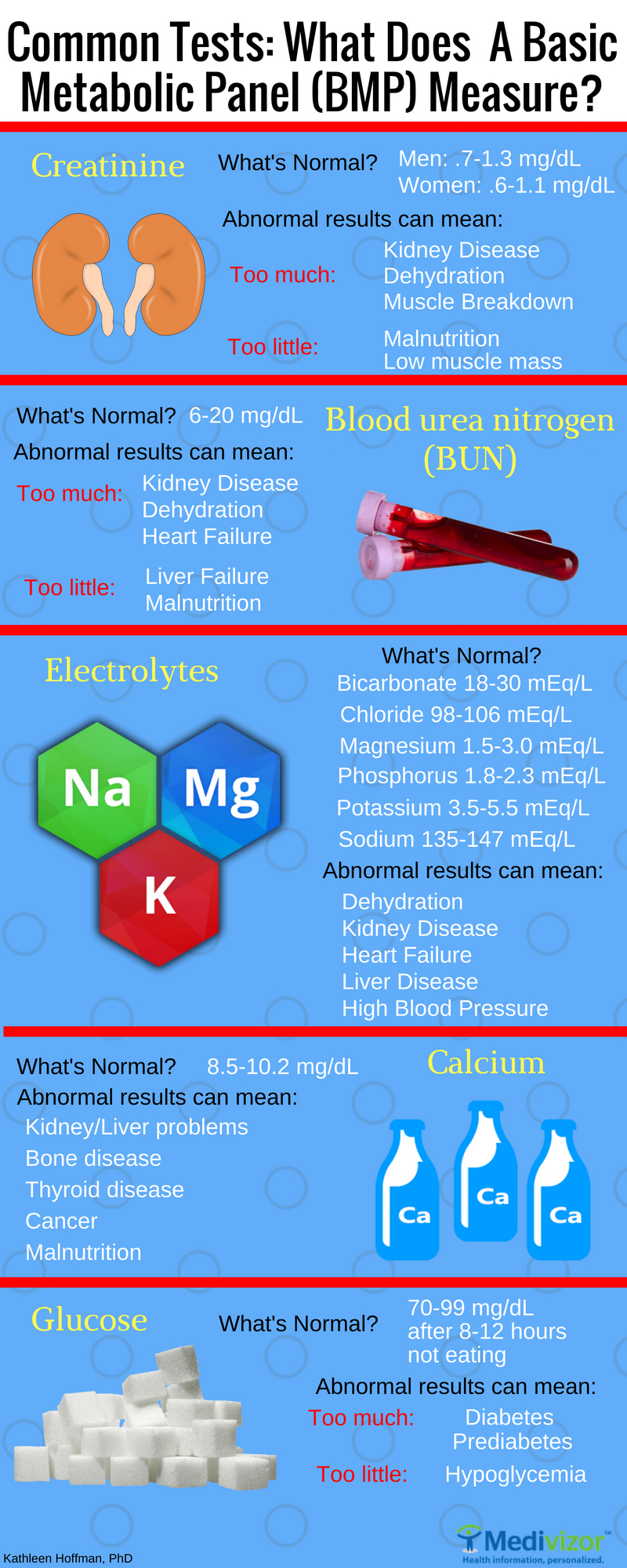In today’s fast-paced world, maintaining optimal health is more critical than ever. One of the essential tools in assessing your overall health is the comprehensive metabolic panel (CMP). This blood test provides valuable insights into your body’s chemical balance and metabolism, helping healthcare providers diagnose and manage various health conditions.

Key Takeaways
- The comprehensive metabolic panel is a blood test that evaluates 14 different substances in your blood.
- It helps in assessing kidney and liver function, electrolyte and acid/base balance, and blood glucose levels.
- Regular testing can aid in early detection and management of health issues.
What is a Comprehensive Metabolic Panel?
A comprehensive metabolic panel is a group of blood tests that measure various chemicals in your blood. It is commonly used to evaluate organ function and monitor conditions such as diabetes, liver disease, and kidney disease. By analyzing the levels of different substances, healthcare providers can gain insights into your body’s metabolism and chemical balance.
Components of the Comprehensive Metabolic Panel
The CMP typically includes 14 tests, each providing specific information about your health:
- Glucose: Measures blood sugar levels, crucial for diagnosing and managing diabetes.
- Calcium: Essential for bone health, nerve function, and muscle contraction.
- Sodium, Potassium, and Chloride: Electrolytes that help maintain fluid balance and are vital for nerve and muscle function.
- Carbon Dioxide (Bicarbonate): Helps maintain the acid-base balance in your blood.
- Blood Urea Nitrogen (BUN) and Creatinine: Indicators of kidney function.
- Albumin and Total Protein: Assess liver function and nutritional status.
- Alanine Aminotransferase (ALT) and Aspartate Aminotransferase (AST): Enzymes that reveal liver health.
- Alkaline Phosphatase (ALP): An enzyme related to liver and bone health.
- Bilirubin: A waste product from the breakdown of red blood cells, important for liver function assessment.

Why is the Comprehensive Metabolic Panel Important?
The comprehensive metabolic panel is a vital diagnostic tool for several reasons:
Early Detection of Health Issues

Regular CMP testing can help detect health issues early, even before symptoms appear. By identifying abnormalities in your blood chemistry, healthcare providers can diagnose conditions such as diabetes, liver disease, and kidney disease at an early stage, improving treatment outcomes.
![]()
Monitoring Chronic Conditions
For individuals with chronic conditions like diabetes, kidney disease, or liver disease, the CMP is an essential tool for monitoring disease progression and treatment effectiveness. Regular testing allows for timely adjustments to treatment plans, helping to manage the condition more effectively.

Assessing Overall Health
The CMP provides a snapshot of your overall health, offering insights into your body’s metabolism, organ function, and chemical balance. This information is crucial for maintaining optimal health and preventing future health issues.
Preparing for a Comprehensive Metabolic Panel
Preparing for a CMP is relatively straightforward. Here are some tips to ensure accurate results:
- Fasting: You may be asked to fast for 8-12 hours before the test to ensure accurate glucose and other test results.
- Medications: Inform your healthcare provider about any medications or supplements you are taking, as they may affect test results.
- Hydration: Stay well-hydrated before the test, as dehydration can impact certain test results.
Interpreting Comprehensive Metabolic Panel Results
Understanding your CMP results is crucial for managing your health. Here’s a brief overview of what your results might indicate:
- High Glucose: May indicate diabetes or prediabetes.
- Abnormal Electrolyte Levels: Could suggest dehydration, kidney issues, or other metabolic disorders.
- Elevated BUN and Creatinine: May indicate impaired kidney function.
- High or Low Calcium: Could be a sign of bone disorders, kidney disease, or parathyroid gland issues.
- Abnormal Liver Enzymes: Could suggest liver damage or disease.
It’s essential to discuss your results with your healthcare provider, who can interpret them in the context of your overall health and medical history.
The comprehensive metabolic panel is an invaluable tool in modern medicine, providing critical insights into your body’s health and function. By understanding and monitoring the results of your CMP, you can take proactive steps to maintain optimal health and prevent future health issues. Regular testing, combined with a healthy lifestyle, can significantly enhance your quality of life and longevity.
Remember, always consult with your healthcare provider for personalized advice and recommendations based on your CMP results and overall health status.